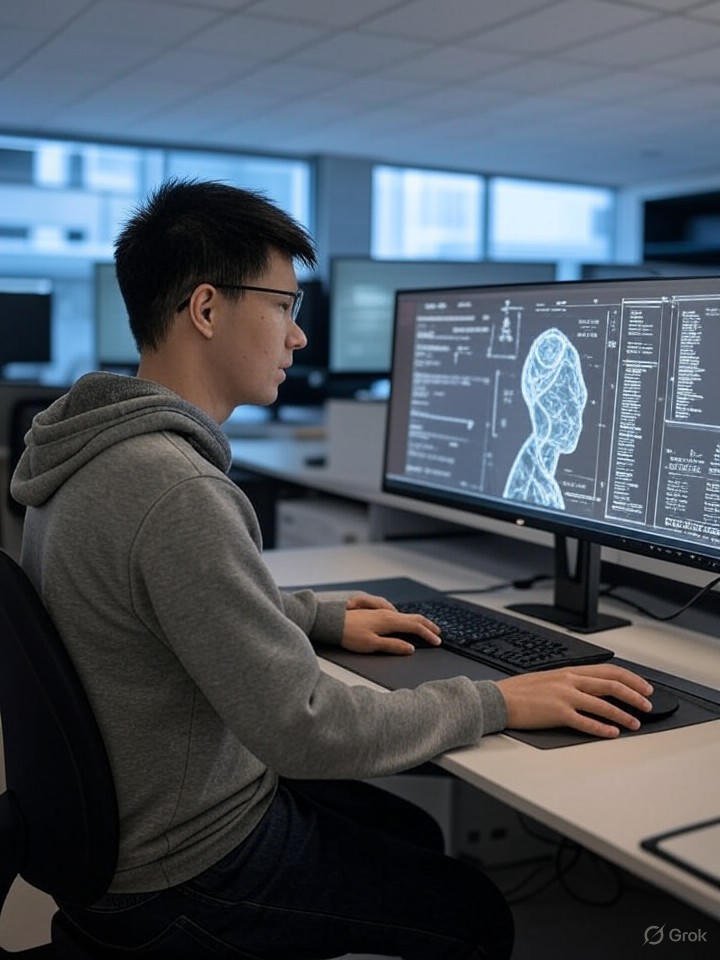The Artificial Intelligence Institute for Next Generation Food Systems at the University of California, Davis, was one of the seven original Artificial Intelligence institutes announced in August 2020.
The Artificial Intelligence Institute for Next Generation Food Systems is funded by the U.S. Department of Agriculture’s National Institute for Food and Agriculture.
At the same time, the National Science Foundation leads the overall Artificial Intelligence Institutes program.
Recently, UC Davis announced that the National Science Foundation has awarded the institution $5 million over five years to run the Artificial Intelligence Institutes Virtual Organization, a community hub for AI institutes established by the federal government.
The Artificial Intelligence Institutes Virtual Organization is part of a $100 million public-private investment in AI recently announced by the National Science Foundation.
In December 2024, the Artificial Intelligence Institutes Virtual Organization received $1.75 million from Google.org to support AI education, including AI curriculum for K-16 and workforce training, AI-assisted learning, and summer programs in AI for high school teachers and students.
As of July 29, 2025, the Artificial Intelligence Institutes Virtual Organization was a virtual organization with support from the National Science Foundation, run by staff from the Artificial Intelligence Institute for Next Generation Food Systems (AIFS) at UC Davis. With the new investment, it will become a National Science Foundation-branded community hub.
The Artificial Intelligence Institutes Virtual Organization began as an effort to coordinate activities among the original federal AI institutes, including the Artificial Intelligence Institute for Next Generation Food Systems (AIFS) at the University of California, Davis, and then to share knowledge with new institutes as they were established.
It has expanded into a virtual hub that supports all the institutes, including organizing an annual summit for the leadership of AI institutes.
Under the new contract, the Artificial Intelligence Institutes’ Virtual Organization will provide events and venues that bring the AI Institutes’ personnel and other stakeholders together, creating mechanisms for cross-institute connection.
It will also foster the development of new public-private partnerships and promote a positive interest in university-based AI research, as well as the development and use of AI for the greater good.























